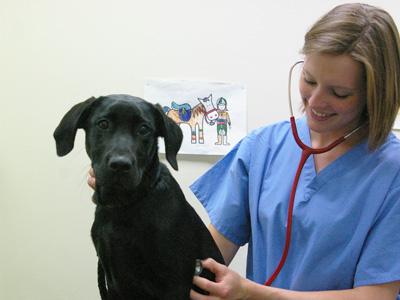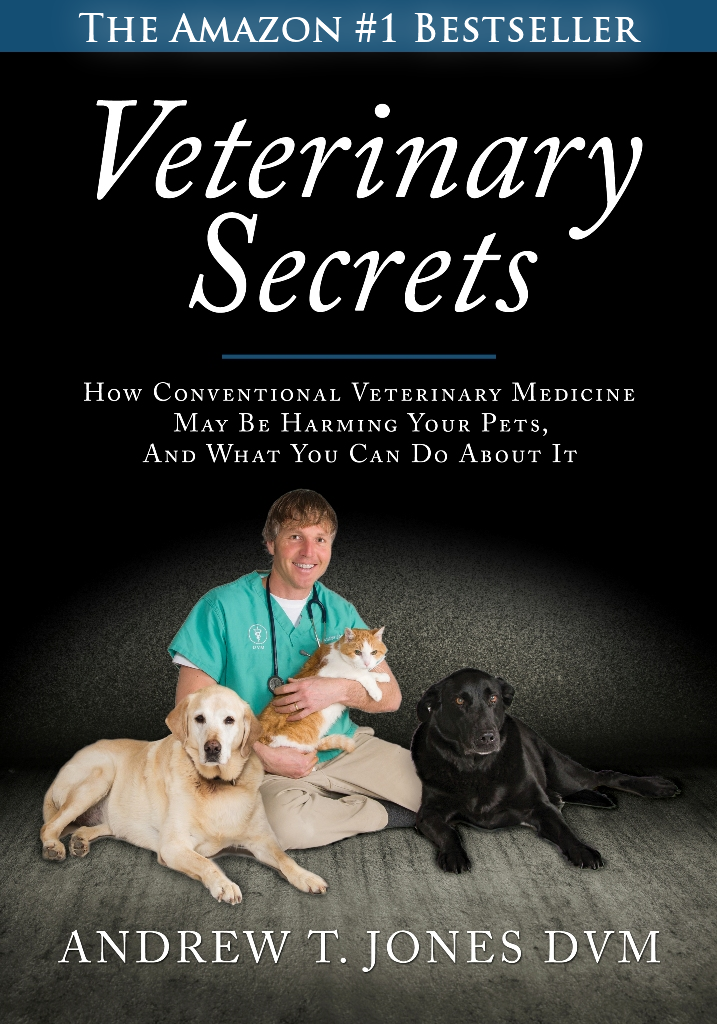Vet bills for sick pets as much as a NEW car

Some people are paying as much in vet bills for sick pets as it would cost them to buy a new car.
Of the many questions and comments I receive as ‘the online vet’, a common and recurring one is about the increasing cost of veterinary care.
One former client went in debt to the tune of $15,000 following referral to a specialty clinic for a dog with a suspected brain tumor. Or the pet owner who tried everything to cure his dogs ( 3 related Westies) of allergies, and after repeated visits to many veterinarians has spent OVER $20,000.
An Australian paper reported:
Many people are plunging into financial stress trying to find the money to pay for surgery and other expensive procedures for their animals which cost as much or more than medical treatment for people.
One family was slugged $18,000 for a weimaraner that was hit by a car, only to lose the pup following surgery. Others faced vet bills of $19,900 for a cocker spaniel-poodle cross hit by a car, $14,000 for a tumour in a Boston terrier and $13,000 for an Airedale terrier bitten by a tick. Animal welfare groups say one in three pets are likely to need urgent veterinary care each year with the average claim over $1000 and bills over $10,000 not uncommon.
Average Client Transaction
In the veterinary business world, you make more money by selling more to each client- also known as the ACT or Average Client Transaction
In so called ‘Well Managed Practices’ this fee is nearly $200/client- meaning each time you visit the vet you get a $200 bill.
Veterinarians are being coached by ‘business professionals’ to increase their ACT, by upselling items such as flea/tick meds, or additional diagnostics such as ‘preventive’ wellness blood tests.
Veterinarians themselves are under large financial pressures- such as paying for the new $90,000 Digital X-Ray, or increasing staff wages- these then get passed on to you, the client.
Meaning escalating veterinary fees.
SO What Can You Do?
1. Compare Prices. Prices at animal hospitals can vary widely. In my small town of Nelson, I charged the least of all the practices, but many clients didn’t know that. Make sure you get recommendations from other pet owners first. There is a misconception that the higher priced practices give a better quality of care – but this is often not true. Ask about the common procedures, like vaccines, checkups, neutering and spaying. In addition, do not forget to ask for discounts from your vet. If clients ask, they will often get a discount. Some vets offer multiple pet discounts as well as discounts for seniors.
2. Watch for the Upsell. Be wary of the business practice popularized by McDonalds, ‘The Up-sell’. Examples of this include your veterinarian suggesting ‘preventive’ diagnostic tests during a check up, or in many cases advising having a dental cleaning. You should be asking and questioning why? Just how bad are the teeth; is the degree of dental disease really that significant? One of the major veterinary associations is advising that any pet with Grade 1 gingivitis (mild gum inflammation) have a dental scale and polish. This procedure is at least 300 dollars. This has risks for your pet would need to be under general anesthetic. It has high profit margins as the Animal Health Technician or Assistant usually does all the work. However in my opinion, a pet with mild gum disease does not need this done. You can begin preventive care at home. You could begin to brush your pet’s teeth. You could feed a diet designed to break off some of the plaque and tartar.This is only one example, although it is the biggest up-sell in Veterinary Medicine today.
3. Hospitalization fees. They are are another often avoidable expense. Your Vet will make a lot more money if he (or she) can keep your pet in the veterinary hospital. They can charge a fee for the day of hospitalization, plus a fee for re-examining your pet in the morning. Ask to have the Procedure performed while you are there. Let’s use X-Rays as an example. Get the practice to schedule this while you are there and waiting – it doesn’t take long to perform X-Rays. They will likely comply if you only ask. By being a little bit of a ‘pain in the butt’, you will get better service at a lower price.
4. Expensive prescription Medication. The markups range from 50% to 125% plus the prescription fee. There are many ways to save money on pet medications. First, ask your vet about a drug’s cost and find out if it is available through pharmacies. Your local drug store may offer it at a much cheaper price. Also, ask your vet about lower-priced generic medications that would be appropriate. In addition to your local pharmacy, check veterinary-medication prices at DrsFosterSmith.com, 1800PetMeds.com, and PetCareRx.com. You have the right to ask your veterinarian for prescriptions that you can fill elsewhere, and save yourself unnecessary expenses.
5. The biggest key to lowering your veterinary fees is by being an involved and empowered pet owner. Take charge of your pet’s health care. You know your pet better that anyone else. How well do you think a Veterinarian can get to know your pet with a 15 minute visit once a year? Educate yourself on basic at home veterinary care, and use many of the inexpensive natural remedies. Let’s use allergies as an example, for many of you have allergic pets. You can either continue to use expensive prescription medication from your vet, or start with some natural remedies. These include therapeutic doses of essential fatty acids, being 1000mg per 10lbs of body weight daily. Or it can be using a herbal remedy called Licorice to stop the itching. This is only one small example, but do you see how you can take charge of your pet’s health care and have a happier healthier pet?
My *new* book, Veterinary Secrets has been out for the last 3 weeks, and is receiving MUCH praise.
A Must-Read For Those Who Love Their Pets
“Dr. Jones’ book is sure to upset some people – certainly the first chapter will make this clear. While his ideas are controversial, his love for animals shines through every page. He has defend his beliefs about what is good for our pets at great personal cost.
This book is a must-read for those who want their pets to live the longest, highest-quality life possible. Dr. Jones gives page after page of practical, hands-on advice about how you can take control of your pet’s health; and how you can do it safely and naturally whenever possible. ”
— Ray Edwards (Spokane, WA USA)
You can get a paperback for $22.95, OR a Complete Digital version for $9.97 here:


Do you have something natural to help clean my dog’s teeth. I cannot afford the $700 for dental cleaning. With thanks for your help.